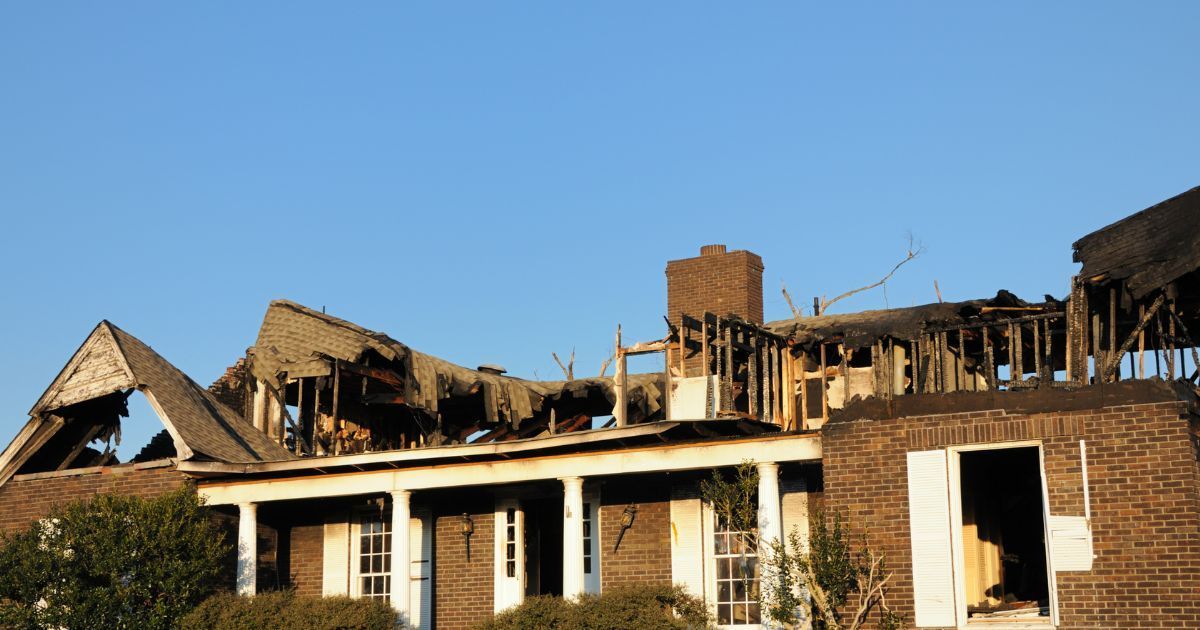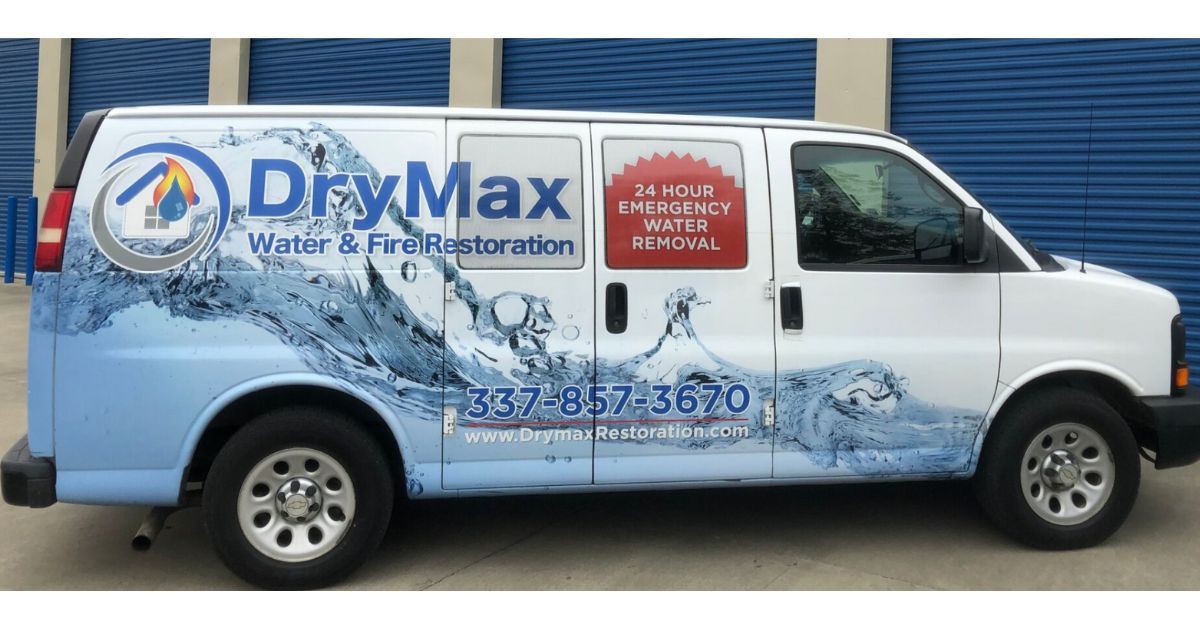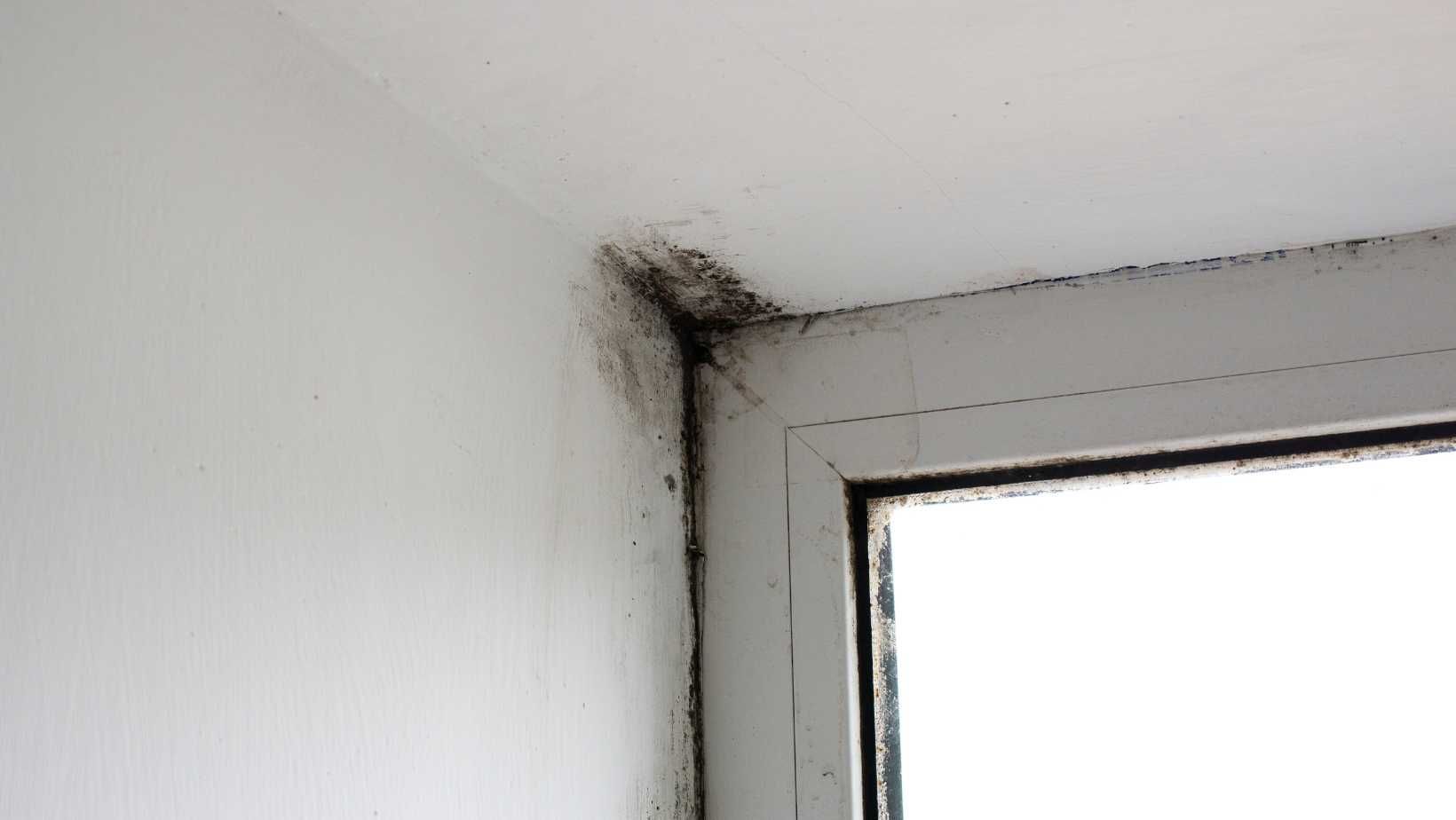What to do after a house fire in New Orleans, LA
Helpful Tips for Recovering from a New Orleans House Fire
If you're dealing with the aftermath of a
house fire, it can feel overwhelming and confusing. Take a look at these tips for guidance on how to start the recovery process with your family:
- Check on your pets.
Get your pets checked by a veterinarian to ensure they're not injured by smoke or burns.
- Secure a safe place to stay.
If you can't stay in your home due to damage, reach out to the American Red Cross or Salvation Army for assistance in finding temporary housing. - Inform family and friends of your safety.
Let your loved ones know you're safe and sound to alleviate any concerns. - Notify your insurance agent.
Begin the claims process and address your immediate needs. Your insurance agent may offer an advance for "Loss of use" to cover daily expenses. Keep records of all purchases and receipts. - Contact your landlord (if you rent).
Let your landlord know about the fire so they can take necessary actions to address the damage. - Protect your property.
It's your responsibility as the owner to protect your home from further risks like weather and unlawful entry.
- Obtain a copy of the fire report.
A fire report can be obtained from your local fire department and may be useful in filing an insurance claim.
- Document the damage.
Take photos of the damage to help you keep track of what needs to be replaced.
- Address your finances.
Keep making mortgage and car payments. Replace any lost credit or debit cards.
- Replace lost documents.
If important documents were lost, replace them as soon as possible.
- Dispose of damaged items.
Focus on items like plastics, canned/boxed food, medicine and hygiene products that may have been exposed to fire and could be contaminated by smoke and soot.
- Recover your possessions.
Check if your homeowners policy is a replacement cost policy to receive the actual cash value of your damaged items.
- Keep thorough records.
Organize receipts and documents in a binder or folder for easy access.
- Update your mailing address.
Consider changing your address with the post office if you'll be away from your home for an extended period.
- Take care of your mental health.
Seek support if you or your family are having difficulty coping with the aftermath of the fire.
- Understand you insurance coverage.
Before you find yourself dealing with a loss, it can be helpful to understand your insurance policy and its coverages. Reviewing it ahead of time might help you know what to expect if a loss occurs — and what your responsibilities may be.
Why it's important to review your insurance policy ahead of time
To avoid any surprises when dealing with a loss, it's highly recommended to review your insurance policy and its coverages. This will give you a better understanding of what to expect, as well as your responsibilities in case of an unfortunate event.
If you’re dealing with
fire damage in your New Orleans, LA home or business, it’s best to consult with a
Louisiana Fire Damage Restoration Company.
To learn more about DryMax Water, Fire & Mold Services, click here.
You might also like
DryMax Mold Blogs
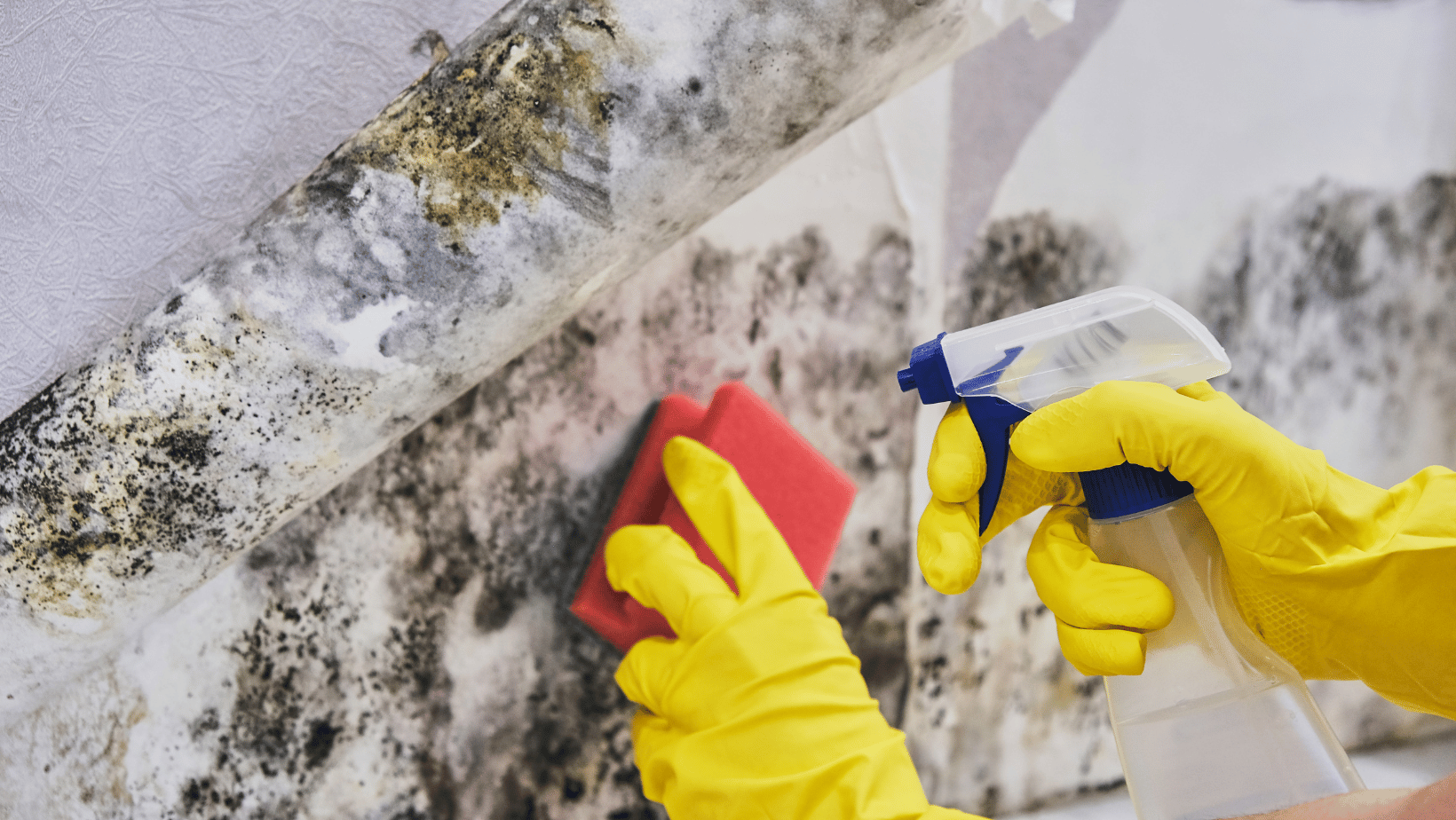
Mold Damage and Insurance Coverage in Louisiana When it comes to homeowners insurance in Louisiana, coverage for mold damage hinges on the source of the mold and the specific provisions in the insurance policy. For instance, mold removal is typically covered when the source of the mold is a peril already covered in homeowners insurance policies in Louisiana, such as water damage from burst pipes or malfunctioning appliances. However, it's important to note that mold damage from natural disasters or homeowner negligence is usually not covered by homeowners insurance in Louisiana. An example of this is when a homeowner experiences water damage from a burst pipe, and this leads to mold growth in their home. In this scenario, the mold removal would likely be covered because the source of the mold (water damage) is a peril already covered in a standard homeowners insurance policy in Louisiana. On the other hand, if the mold is a result of long-term neglect of a leaking pipe, it may not be covered under the policy. Some homeowners insurance companies have gone as far as dropping coverage for mold altogether in Louisiana, making it crucial for homeowners to carefully review their insurance policies and seek professional advice to ensure they fully understand their coverage. This underscores the significance of homeowners being proactive in understanding the extent of their coverage and taking steps to prevent mold growth in their properties. Understanding the nuances of mold damage coverage under homeowners insurance in Louisiana is essential for homeowners in safeguarding their properties. It's imperative to review insurance policies diligently and seek professional help if facing a mold damage claim , especially in cases where claims have been denied or underpaid based on mold exclusions.
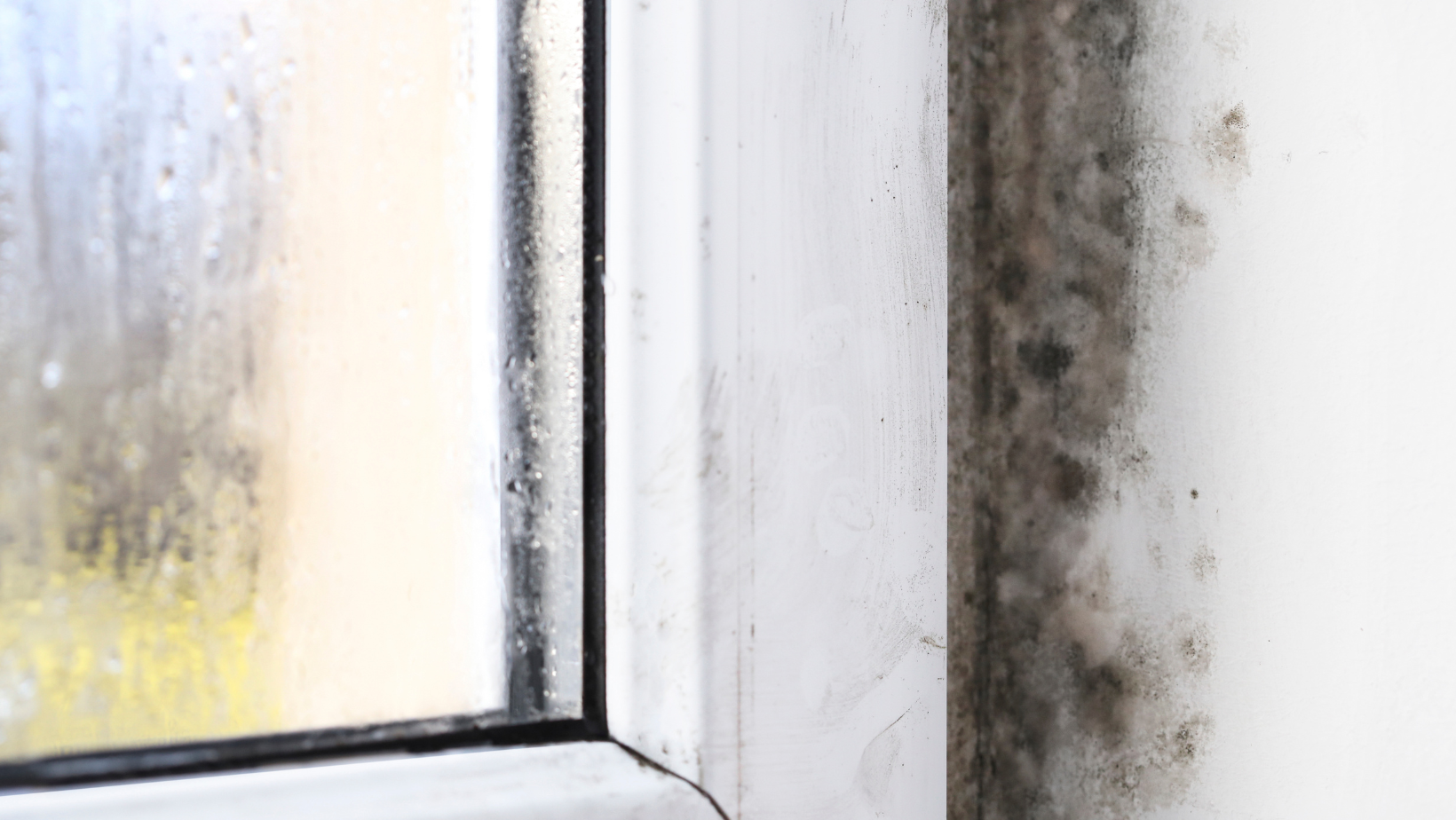
The Mold Menace: How Mold Infestation Can Diminish Property Values in Louisiana The article explores the impact of mold on property values in Louisiana, discussing how mold can cause structural damage, health issues, and decrease the desirability of properties, while also providing tips for prevention and remediation. Understanding Mold and Its Effects on Property Values Mold's impact on property values in the Louisiana real estate market is multifaceted and can have significant repercussions for both buyers and sellers. When mold infestation occurs, it can result in a myriad of issues that affect the value of a property. From causing structural damage to diminishing aesthetic appeal, increasing maintenance costs, and impacting market desirability, the presence of mold can lead to a decrease in property value. For example, the discovery of mold in a home can lead to potential buyers negotiating for a lower price to account for the costs of addressing the mold issue and the perceived decrease in the property's value. The potential health implications of mold infestation are a pivotal factor in understanding its impact on property values. Long-term exposure to mold can lead to persistent sinusitis, respiratory infections, and even brain disorders, affecting the desirability and value of a property. For instance, if a property has a history of mold infestation leading to health issues for previous occupants, it can significantly reduce its appeal and market value, as potential buyers may be deterred by the health risks associated with mold exposure.

